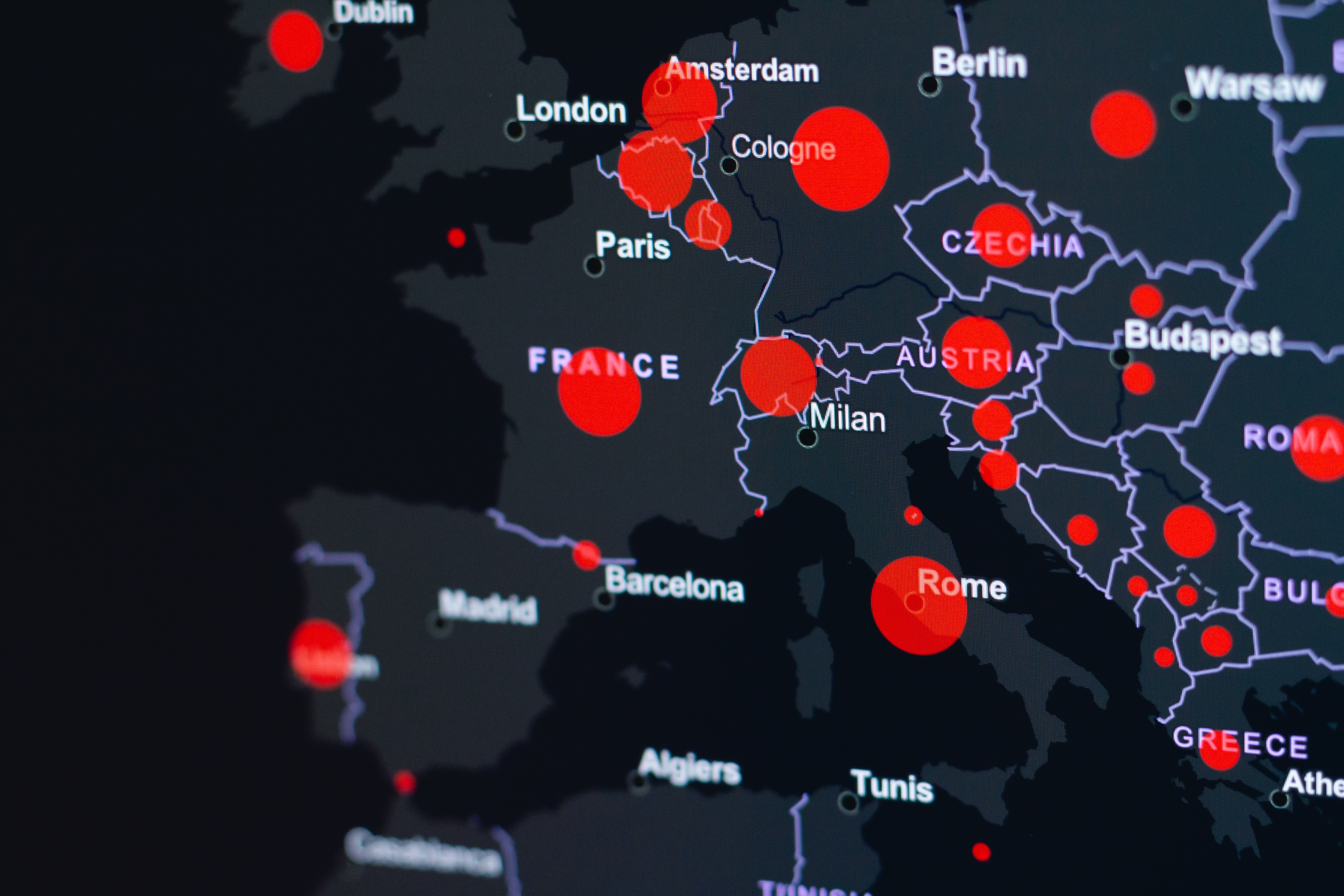Check back at the end of 2023 to discover the mobility solutions developed by the MobiDataLab
The competition’s first step was a datathon which took place (in person in Berlin and remotely) on May 15-16 with some forty participants. The datathon’s main challenges were to analyze the mobility data supplied by the MobiDataLab partners and to improve the way this data is used. The quality and replicability of open data were central aspects of this initial challenge.
In September 2023, a hackathon will build on the lessons of the datathon to create applications, tools and services. Participants will have to present the economic model and added value of their solution with respect to the proposed challenges.
Finally, a “codagon” will present the responses to the challenges. A panel of experts will judge the developed solutions before the municipalities ultimately implement the competition’s best innovations.
One of the competition’s goals is to sustainably facilitate interactions between the various mobility players in Europe and to encourage the co-development of new solutions.



